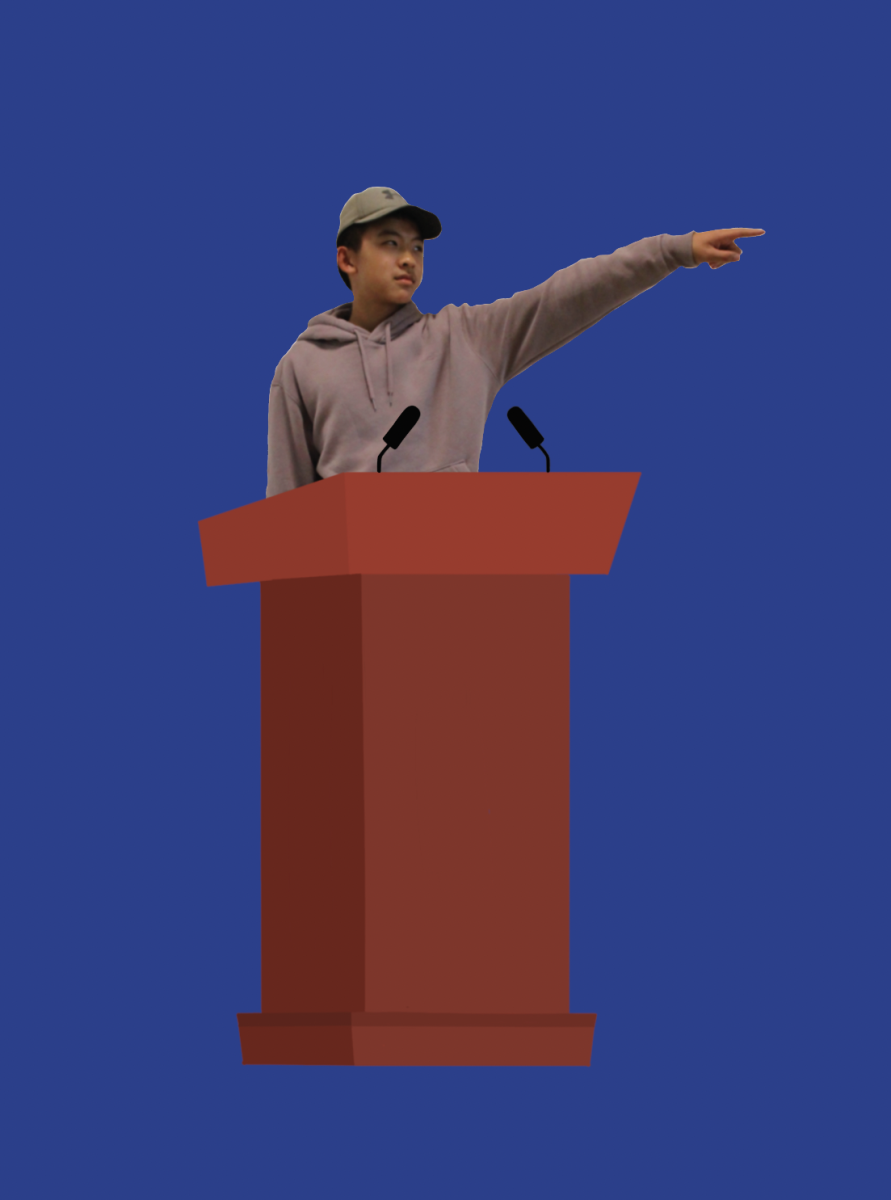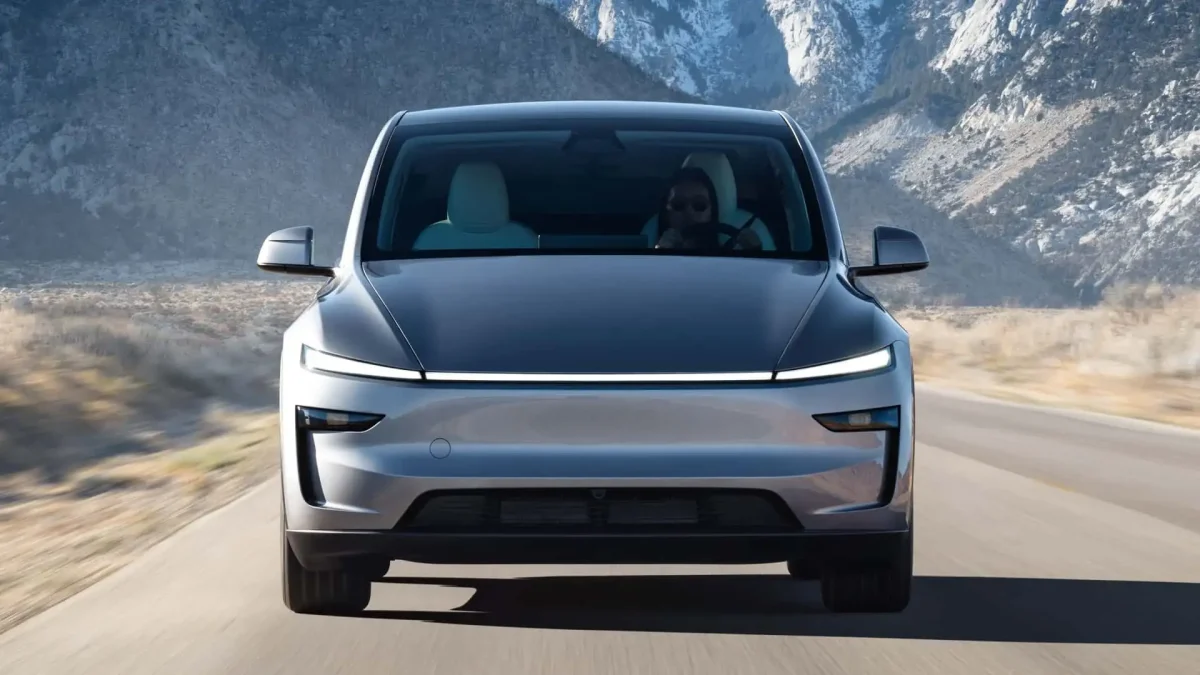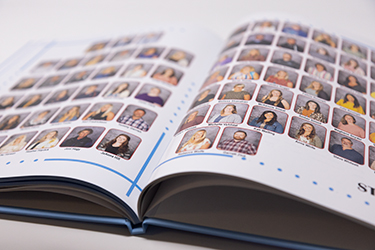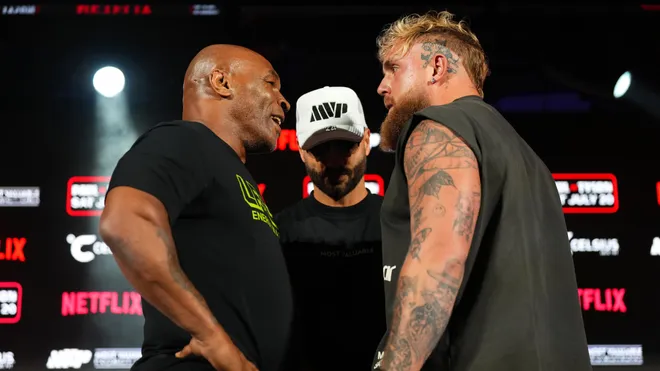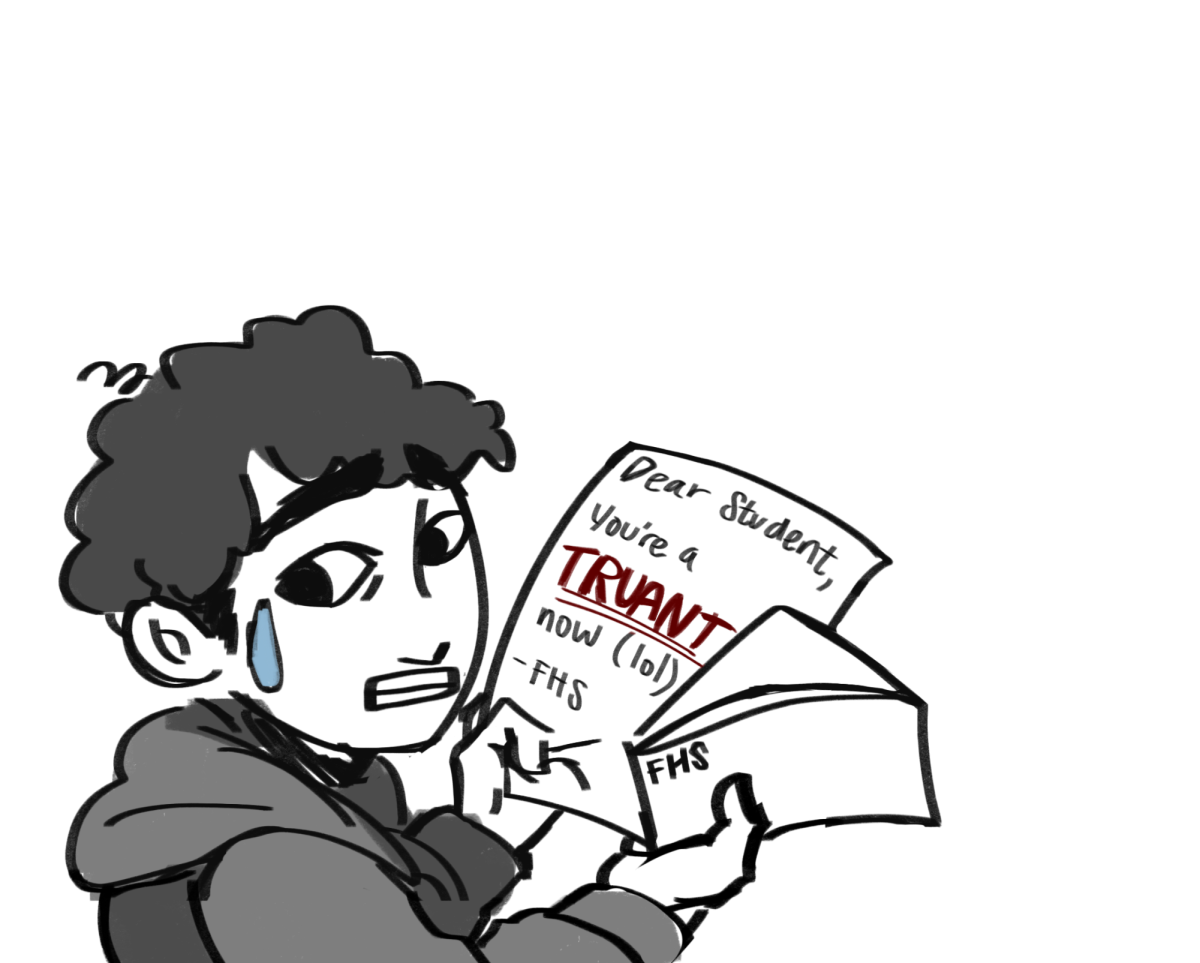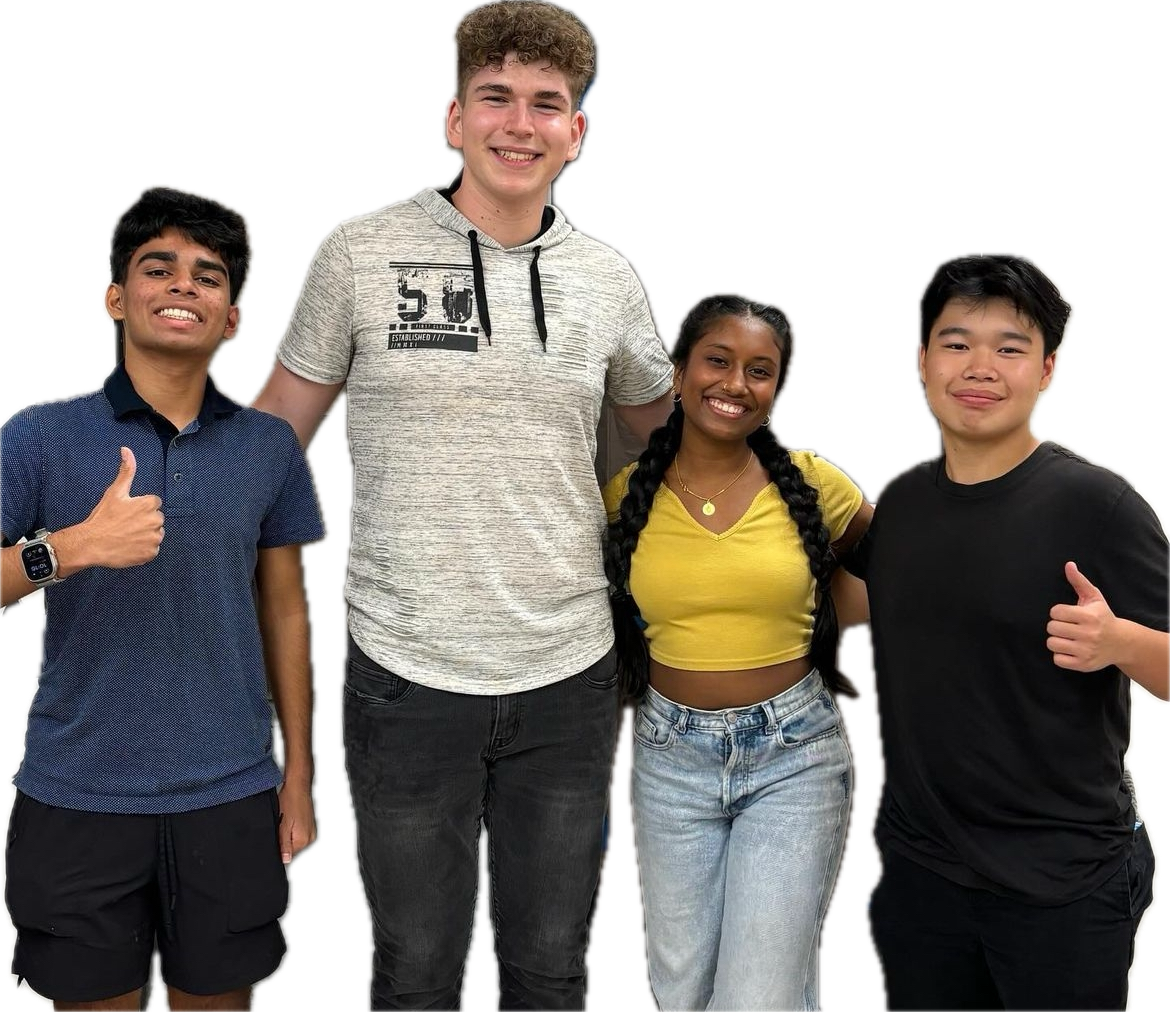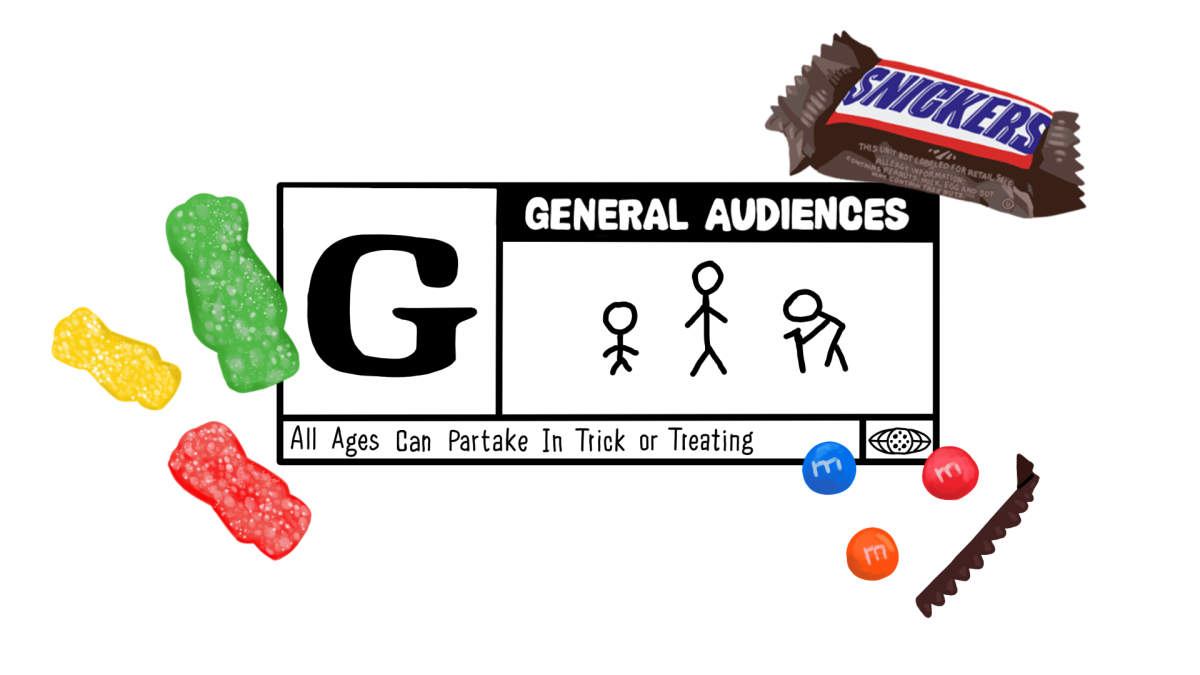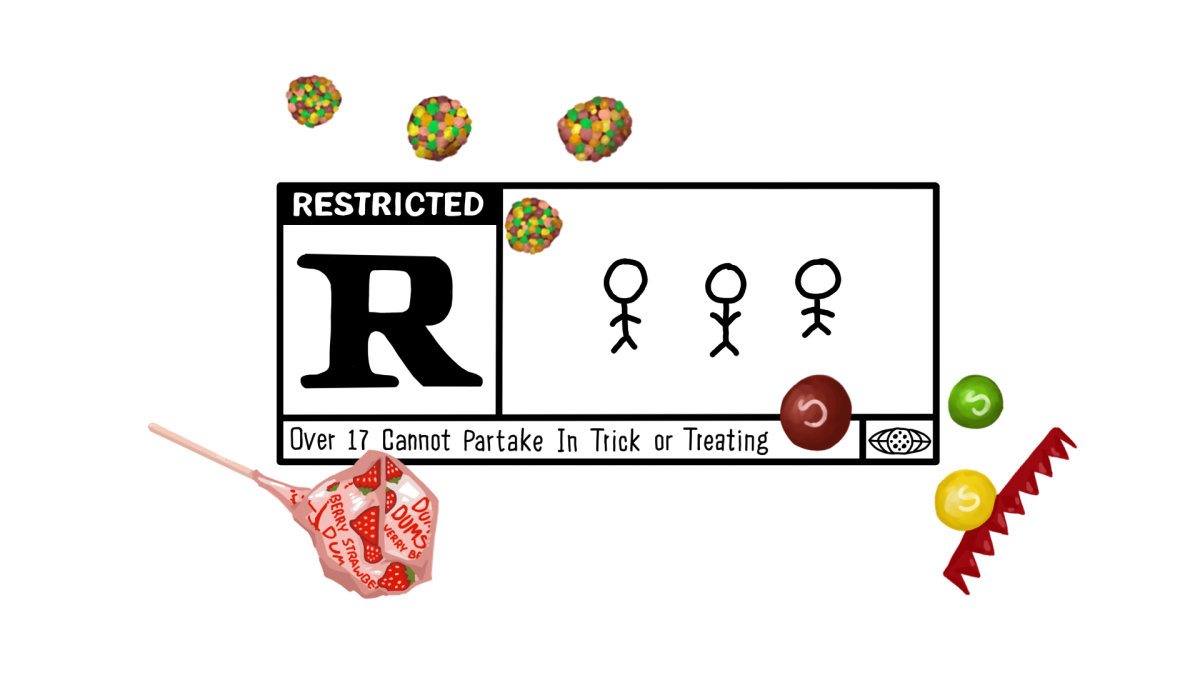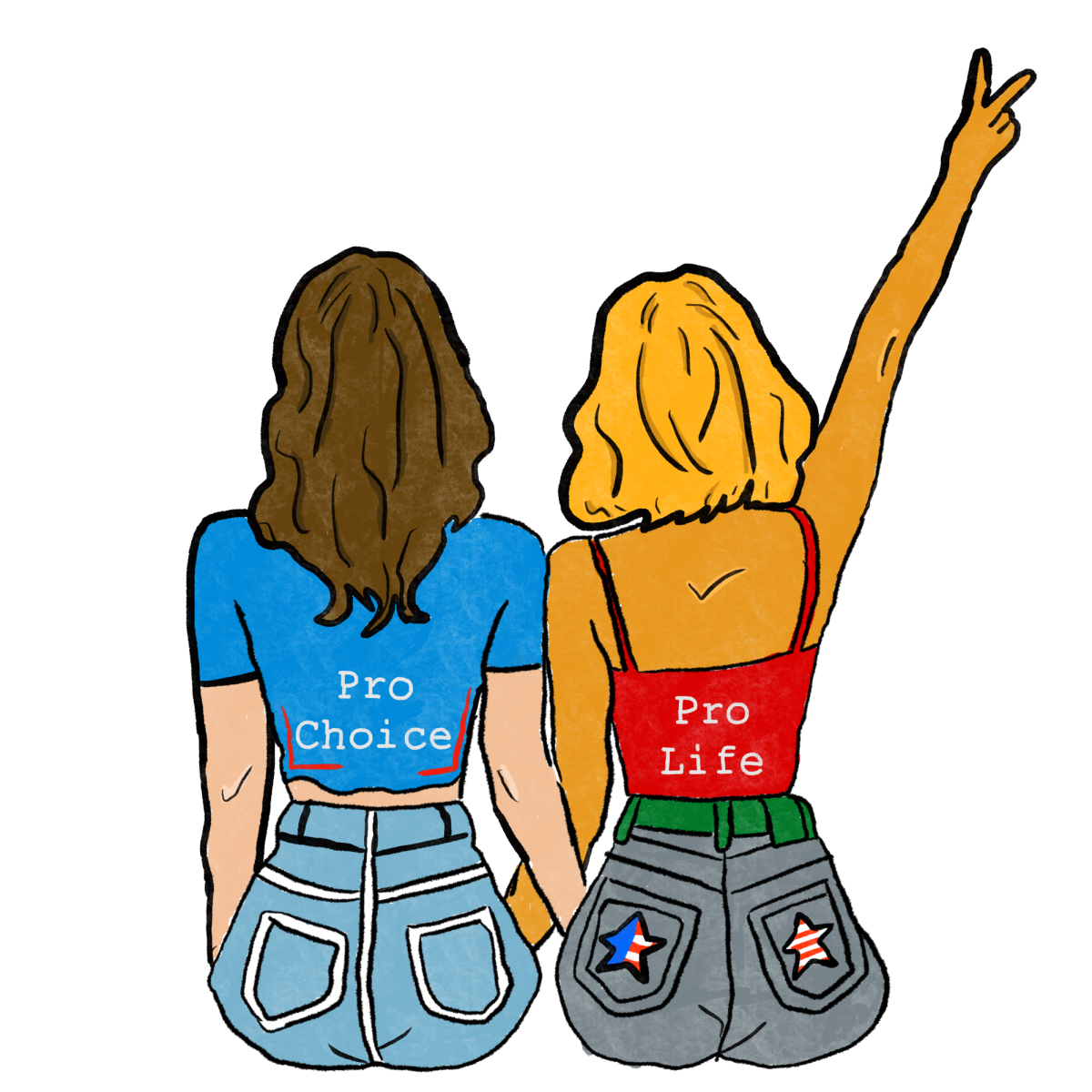Every citizen in the U.S., regardless of race, wealth or identity, has the inherent right to a government that acts according to the will of the people. Although our government is founded upon representation, lawmaking, public services and checks and balances, only some of these principles have been upheld adequately. In a 20-year study at Princeton University, researchers found that the average American’s opinion on a law has no true impact on if the Congress will pass it. This means that the U.S. government represents not the interests of the majority of citizens but those of the rich and powerful. The government supposedly represents the people, but what if they do not benefit us? This is what is currently happening in our society.
An ideal republic would have the same percentage of Congress passing a law if an equal number of people wanted the law. For example, if 70% of the population wants a law that bans imported items from other countries, then 70% of Congress would vote to pass that law. The common belief is that the government does represent us, albeit less ideally than what most imagine to be.
In reality, the government falls short of this ideal. “The preferences of the average American appear to have only a minuscule, near-zero, statistically non-significant impact upon public policy,” according to Gilens & Page. This means that the American people, even with a clear expression of their stance on the issue, are unable to influence legislation.
However, that scale is only for the bottom 90% of the population. The rich have all the power because, in most societies, wealth is power. America is no exception. The common people do not have the influence that they deserve as citizens of the United States. When a law passed by Congress is based on how many people want it, there is always the opportunity for corruption to be involved due to the variable of money. “Money is power,” the seventh U.S. president, Andrew Jackson said. Through the lawmaking system, it is clear that with money, the rich have the power to shape the laws according to their will.
How do laws by the wealthy get passed? The short answer: lobbyists. According to the Cambridge Dictionary, ‘lobbying’ is the activity of trying to persuade someone in authority, usually an elected member of a government, to support laws or rules that give your organization or industry an advantage. Under the First Amendment, which protects the right to petition the government, lobbying is entirely legal. However, it is illegal for a bill that is presented by anyone to be immediately implemented without going through the regular path, no matter how much money they have. The wealthy have abused this to benefit themselves.
In short, a special interest group employs lobbyists who subsequently contribute to politicians, creating a cycle where lobbyists offer lucrative lobbying positions, enabling politicians to sneak favorable laws into the government. While the formal legislative process involves introduction, committee review, debate and presidential approval, lobbying can influence each stage. The rich leverage various tools — including social media, social platforms, advocacy, and public campaigns — to sway legislation. If enacted, the law serves the special interest group, enhancing their profitability; this cycle continues endlessly.
What happens once a law, implemented by a special interest group is passed? The people of the U.S., notably the hardworking 90%, have to pay for these laws that they do not benefit from through the form of taxes, higher medical fees and more. Of course, the rich will also have to pay, but they feel the impact of it less.
Ultimately, the legislative process in the U.S. is largely influenced by the will of the rich — the 10% and above — not the majority of the public.


